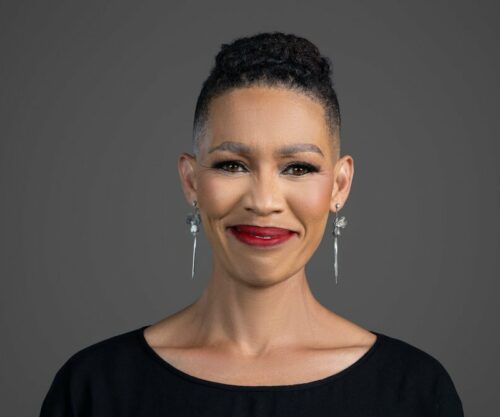
When a tax bill becomes a wake-up call
When South African content creator Ndivhuwo “Nochill God” Muhanelwa publicly confirmed that he owes the South African Revenue Service more than R200 000 under his real name, it wasn’t just one influencer’s problem. It became a reflection of the digital economy’s growing pains in South Africa. He later learned that unpaid provisional taxes and incomplete filings from previous years were at the heart of the issue.
From TikTok clips to tax complications
Nochill God built his following and income through online platforms, with content that includes playful video calls with celebrities and brand partnerships. That success speaks to how creators have turned their passion into a business in the digital era. But the tax challenge shows the flip side. He admitted it wasn’t deliberate evasion but a lack of knowledge about his obligations. He said he assumed spending on production, equipment, and a team would automatically cover his tax footprint, although tax systems do not work that way.
What social media made of it
On platforms like TikTok, X, and Instagram, the reaction was swift and varied. Some followers expressed sympathy, saying he was owning up and setting an example. Others were more critical and argued that anyone earning from brands must know their tax responsibilities. The story resonated strongly in South Africa’s influencer community and sparked conversations about treating content creation like a business.
A broader pattern in SA’s digital economy
Nochill God’s case isn’t isolated. SARS has increased its focus on creators as sponsored content, gifts, and affiliate income become more common. Many influencers don’t realise when their income crosses into business territory, which triggers provisional tax, bookkeeping, and other obligations.
View this post on Instagram
A fresh take on the narrative
Rather than a simple cautionary tale, this moment could become a turning point for creators across the country. Content creation now requires business discipline. For Nochill God, it may mean a complete reset: new bookkeeping systems, structured income tracking, and a proper tax plan.
What comes next
He now has a tax practitioner assisting him and is working on a savings plan to settle the amount. The bill sits at around R207 000 based on his latest update. His message is clear: creators must think like CEOs. For brands, agencies, and platforms, this highlights the importance of setting clear expectations about tax responsibilities in partnerships.
Source: Briefly News
Featured Image: News24




